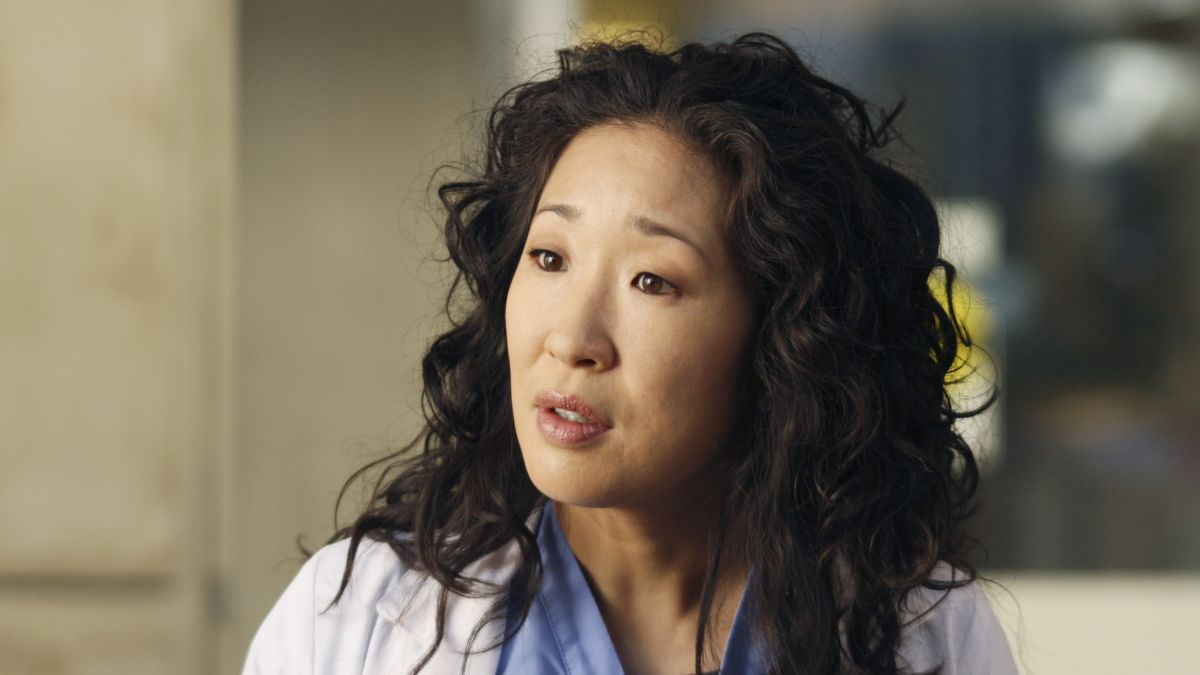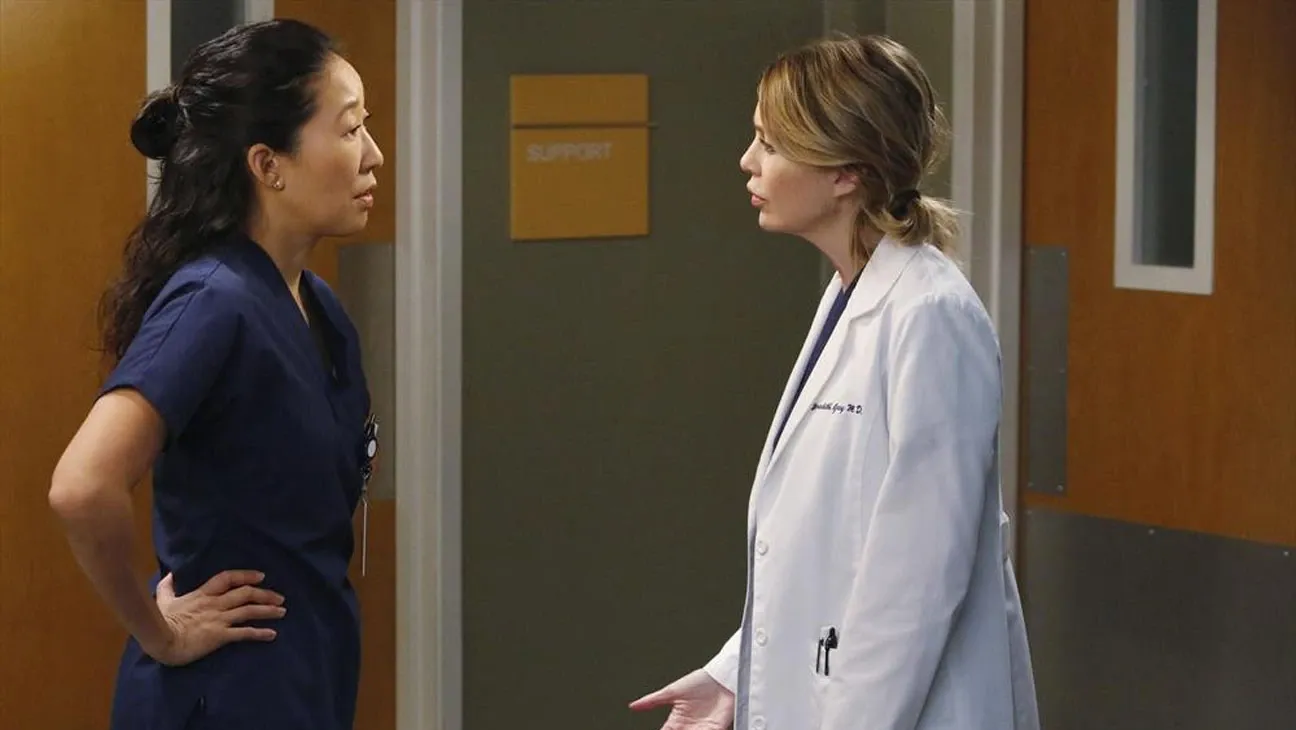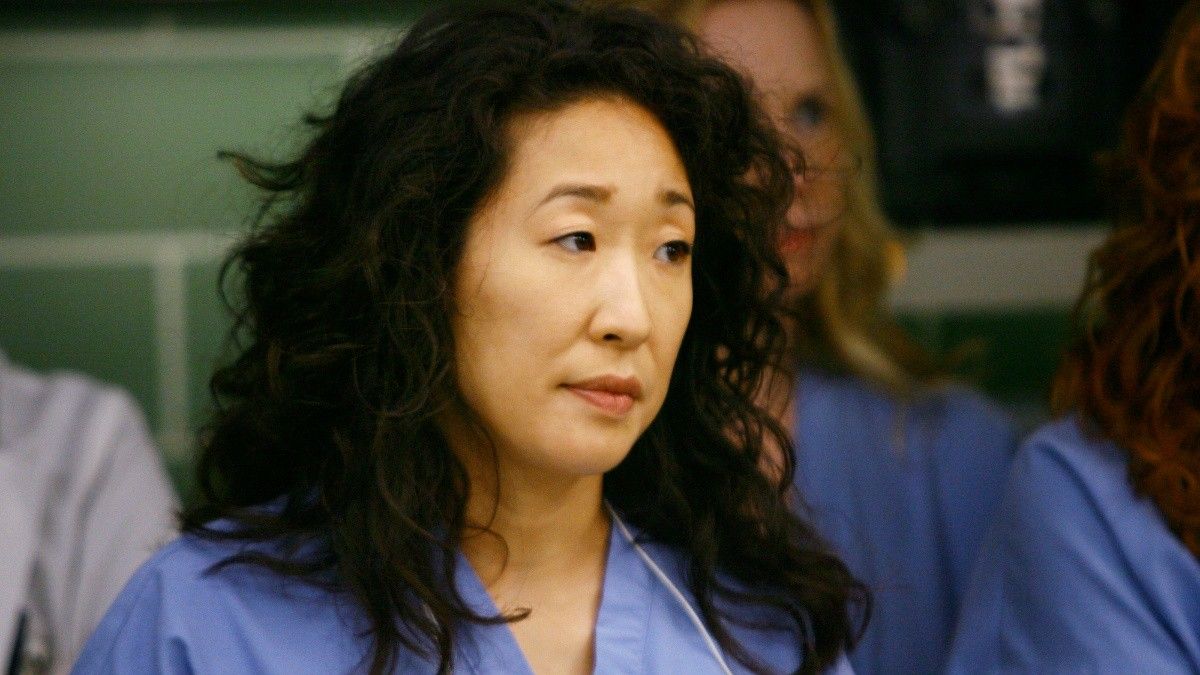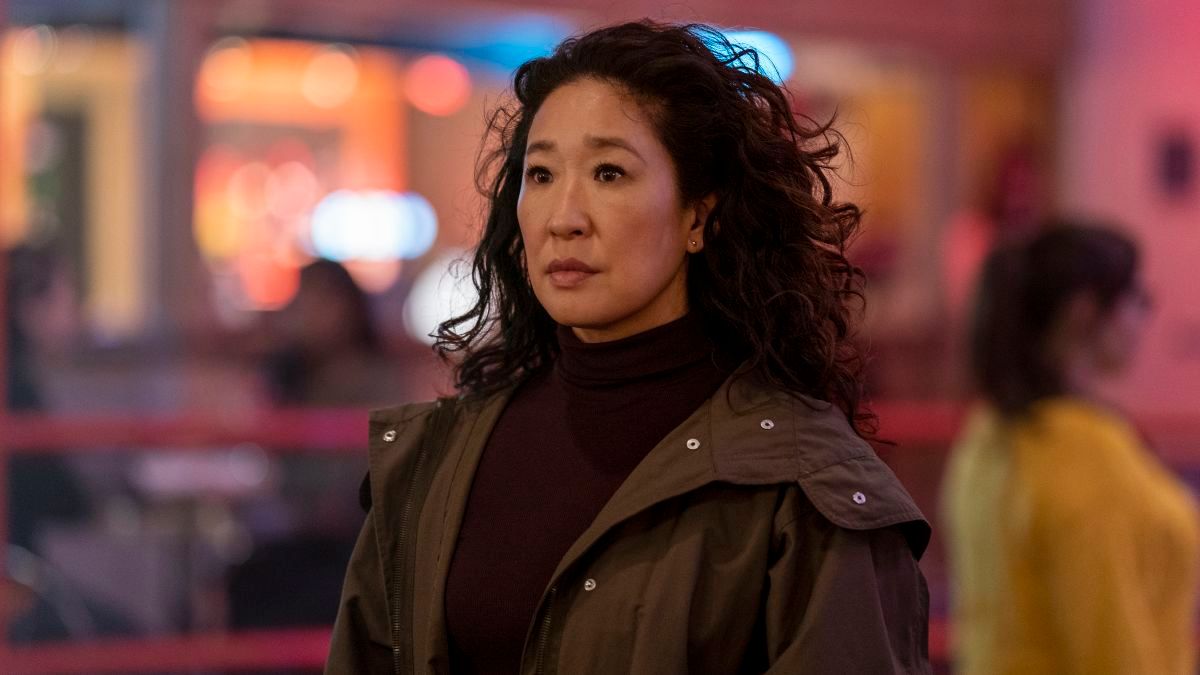Grey's Anatomy is a popular medical drama that has been entertaining audiences for nearly two decades. It first premiered in 2005 to rave reviews from critics and audiences alike. With 18 seasons under its belt, it is also one of the longest-running prime-time TV shows of all time.
Grey's Anatomy is brought to us by Shonda Rhimes' production company Shondaland, which also produced Scandal and How to Get Away With Murder, amongst other shows. Rhimes was twice-named Time Magazine's 100 most influential people in the world. In 2017, Rhimes left Grey's Anatomy and signed a multi-year deal with streaming giant Netflix to guarantee all her future productions would be Netflix originals.
Over the years the cast of the show has certainly experienced many departures and has undergone several changes. Of the nine original cast members, only three remain on the show 18 years later. One of those original cast members was Canadian actress Sandra Oh, who played Cristina Yang in the first ten seasons of the popular medical drama. Oh’s portrayal of the tenacious Dr. Yang was acclaimed by critics and adored by fans. Grey's Anatomy has been renewed for a 19th season, but there is speculation that it will soon end. Fans want to know would Sandra Oh return for Grey’s Anatomy series finale?
Why did Sandra Oh Leave Grey’s Anatomy?
Cristina Yang is a Korean-American surgical intern who was inspired to become a heart surgeon after her biological father was killed in a car accident in her youth. She was thus raised by her mother and Jewish stepfather. Cristina’s logic, pragmatism, and cutthroat nature read as cold and robotic, however, she forms a strong bond with her fellow interns, in particular, Meredith Grey (Ellen Pompeo). When Sandra Oh left in season ten, she was one of the few remaining original cast members on the show, and it wasn’t an easy decision for her. Oh cared deeply for the character, and would, according to Variety, even stand up to the writers on story arcs she did not believe served Cristina.
At the beginning of season ten, Oh felt it was the right time for both her and Cristina to say goodbye. Which is understandable: Cristina and Meredith's relationship was moving in different directions (the former towards furthering her career, the latter towards motherhood and starting a family); meanwhile, Cristina's relationship with ex-husband Owen (Kevin McKidd) wasn't going to prosper since he wanted kids and she didn't. Overall, it felt as if Cristina had learned and done everything she could in her career at Grey Sloan Memorial Hospital. For Oh, after multiple Emmy nominations and a Golden Globe win, it's clear that she, too, felt similarly.
Sandra Oh’s Thoughts on Returning to Grey's Anatomy
Sandra Oh has spoken on this topic several times since her Grey’s Anatomy departure in 2014. When she initially left the show in season ten, she was of the mind that she may return at some point. Oh told The Hollywood Reporter in 2014 that she had made the offer to Shonda Rhimes about returning to the show at some point: “I told [Shonda Rhimes], if you guys want to finish it out however you want to finish it out, I’d be more than happy to come back. And if it doesn’t fit in that way, I totally understand. I just want you to know that I’m available.’ Who knows!”
Her opinion however has changed as time has gone by. Oh told Access Hollywood, via Entertainment Weekly, in 2017 that she had doubts about returning to the popular medical drama series. “I just don’t know [about returning to Grey’s]. It would have to feel right.” Oh expanded on that thought in an interview with Variety in 2018, further confirming that a return to Grey’s was off the table: “I’m just going to say no. I’m just going to put that down there because it’s been four years since then, and I’ve really got to try and create much more of that separation. Even though I could just talk on and on and on about that show and what I feel like I learned from it and continue learning from it. It was so special, lightning in a bottle that’s lasted for over a decade.”
More recently Oh spoke on it again to Good Housekeeping, stating, "It’s very rare, I would say, to be able to see in such a way the impact of a character. In some ways, you do your work as a bubble, and you let it go. I left that show, my God, seven years ago almost. So in my mind, it’s gone. But for a lot of people, it’s still very much alive and while I understand, and I love it, I have moved on."
Sandra Oh’s Career After Grey’s Anatomy
Since her time at Grey's Anatomy came to an end, Sandra Oh has starred in several movies and TV series, including the Melissa McCarthy comedy Tammy. Two years after her Grey’s exit, Oh returned to TV in the drama American Crime and in 2018 she voiced Castaspella in Netflix’s She-Ra Princesses of Power. 2018 also marked the year she landed her critically acclaimed role as Eve Polastri on the British spy drama Killing Eve. In August 2021, Oh confessed to NPR that she originally couldn’t imagine herself in the role: “When I was first offered the project of Killing Eve, I remember … asking [my agent], ‘I don’t get it, like, who am I playing?’ And my agent was saying, ‘Eve, you’re playing Eve.'” At which point Oh realized she had been limiting her own potential. “That was really a significant moment for me for understanding … how profound my internalized racism was.”
More recently, Oh has voiced Ming in the newest Disney Pixar animated Turning Red and Debbie Grayson in the animated series Invincible. Oh also leads the Netflix dramedy The Chair, written by Amanda Peet, which The Atlantic coined as the best Netflix Drama in years. The show follows Ji-yoon Kim, a newly appointed chair of a failing liberal arts College, who is trying to gain her footing while balancing life as a single working mother. Her upcoming projects a voice role in The Tiger's Apprentice and the Sam Raimi-produced horror film Umma, which highlights generational trauma in Asian families.




